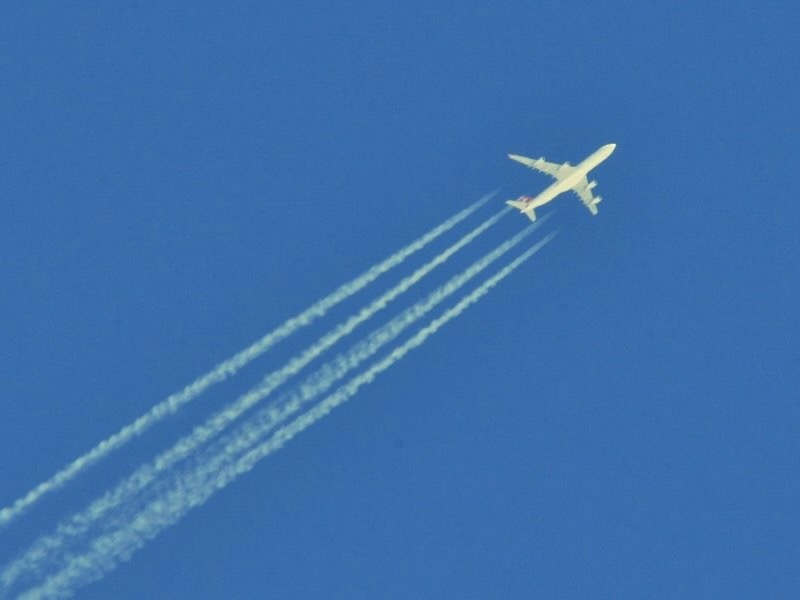 22nd January 2024 Climate / Opinion
22nd January 2024 Climate / OpinionThe industry is making progress but more commitment is needed from leaders to confront the challenge and drive innovation.
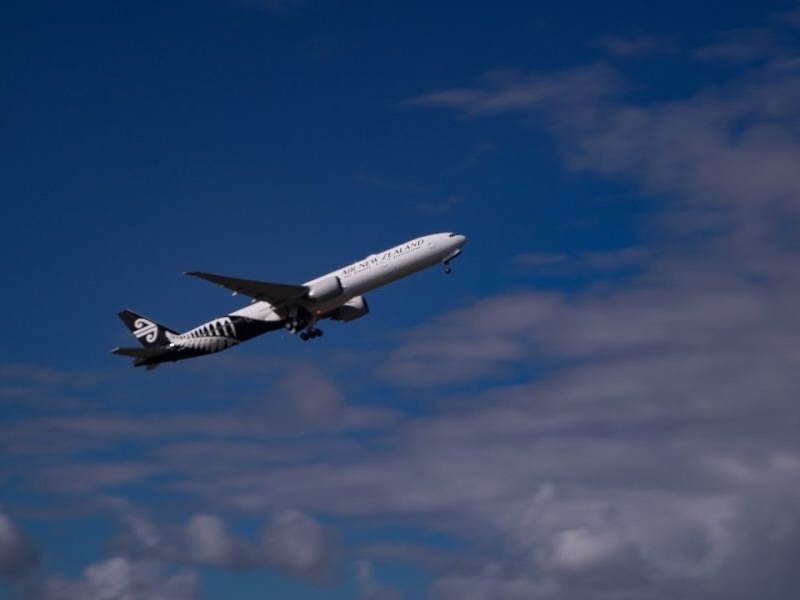 14th December 2023 Climate / TPCC
14th December 2023 Climate / TPCCNZ tourism’s reliance on international aviation is a significant decarbonisation challenge.
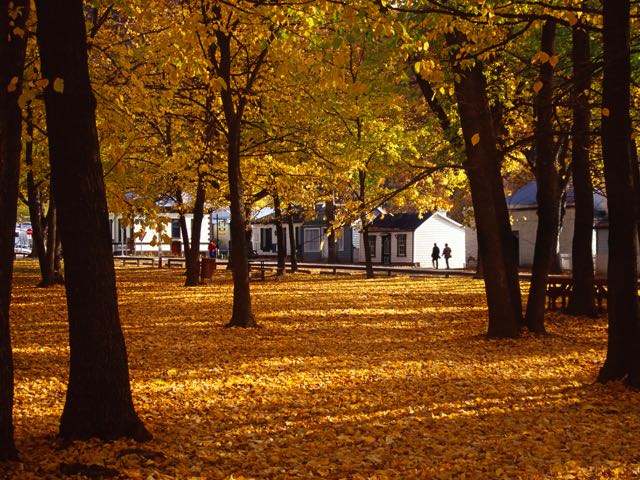 16th November 2023 Climate / Opinion
16th November 2023 Climate / OpinionDevastating heatwaves and unpredictable summer weather could end up shifting tourism demand into the shoulder seasons.
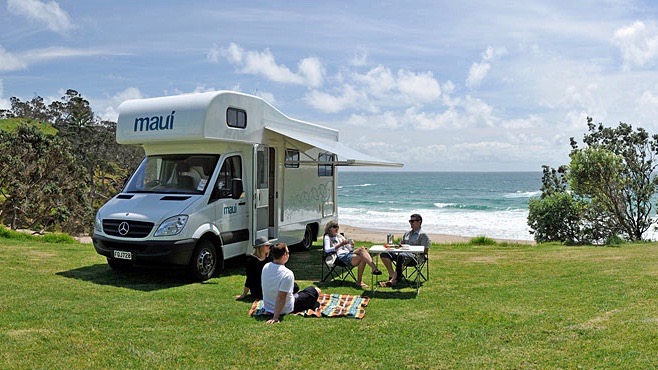 6th October 2023 Climate / THL
6th October 2023 Climate / THLTourism Holdings, the New Zealand Airports Association, KiwiRail, and Waka Kotahi NZ Transport Agency are among the members of a new working group to understand the impacts of climate change on the transport sector.
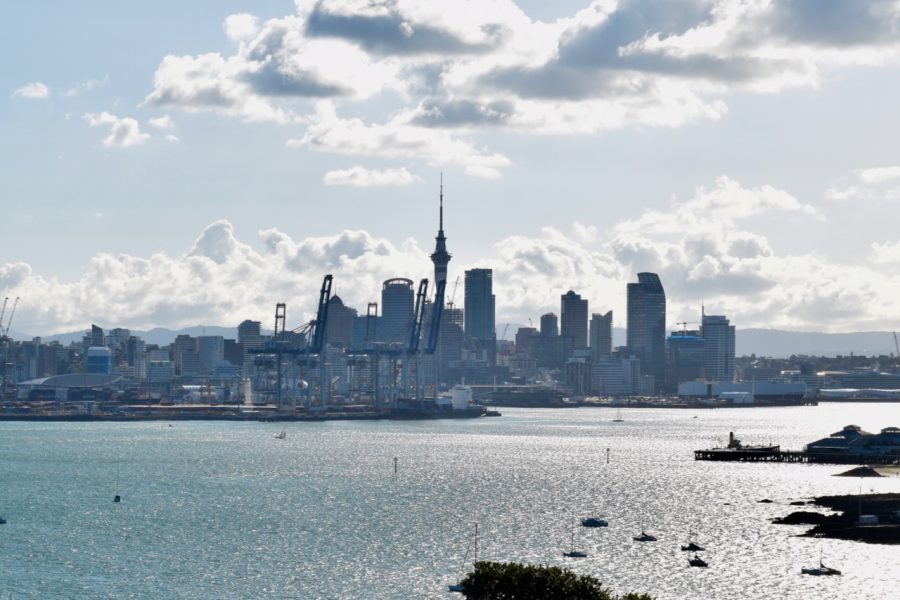 28th September 2023 Climate / TAU
28th September 2023 Climate / TAUSorry, you do not have authorisation to view this page! If you would like to view the content on this page you will need to be a Tourism Ticker member. MORE »
 19th September 2023 Climate / Opinion
19th September 2023 Climate / OpinionTravellers could adjust how, when and where they vacation to cope with climate impacts.
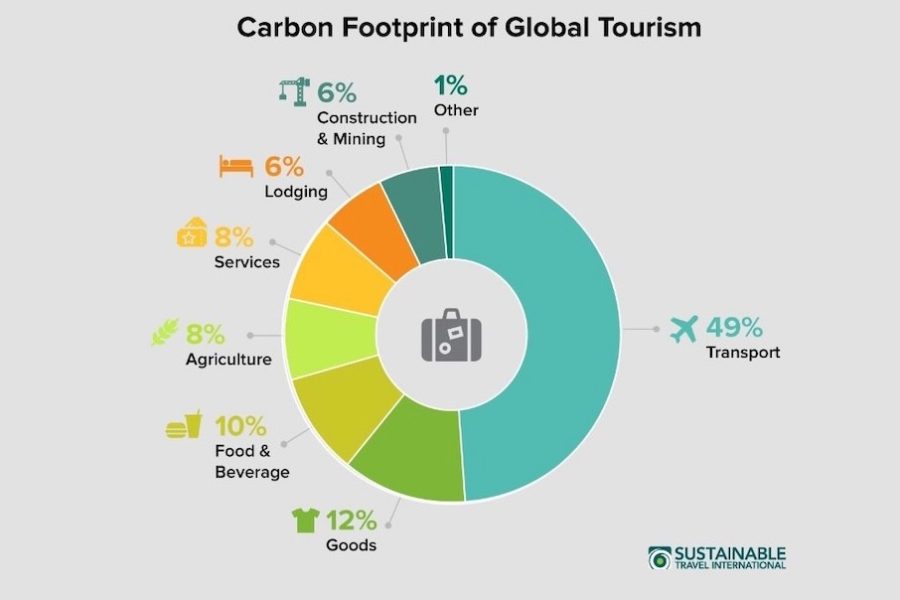 17th August 2023 Climate / Opinion
17th August 2023 Climate / OpinionTourism is crucial to many economies but climate change is putting parts of the industry at risk.
 11th August 2023 Climate / TECNZ
11th August 2023 Climate / TECNZElectrify heat or electrify transport – those are the two options tourism operators have to reduce their climate emissions, says Malcolm Johns.
 11th July 2023 Climate / Sustainability
11th July 2023 Climate / Sustainability“I think we’ve got an incredible opportunity to showcase to the world, what we can do here,” says Ziptrek Ecotours’ executive director.
 7th July 2023 Climate / Festival
7th July 2023 Climate / FestivalThe Auckland Climate Festival is bringing more than 150 events and tens of thousands of people to the city this September to celebrate and inspire transformative change for the climate.
 4th July 2023 Climate / Cycle Journeys
4th July 2023 Climate / Cycle JourneysTour operator Cycle Journeys is committing to offset its carbon emissions from its fuel-powered vehicle fleet and its clients’ accommodation.
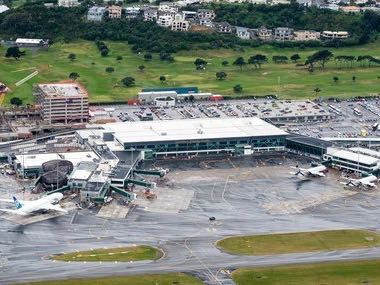 4th July 2023 Climate / WIAL
4th July 2023 Climate / WIALWellington Airport plans to be net zero in its carbon emissions by 2030.
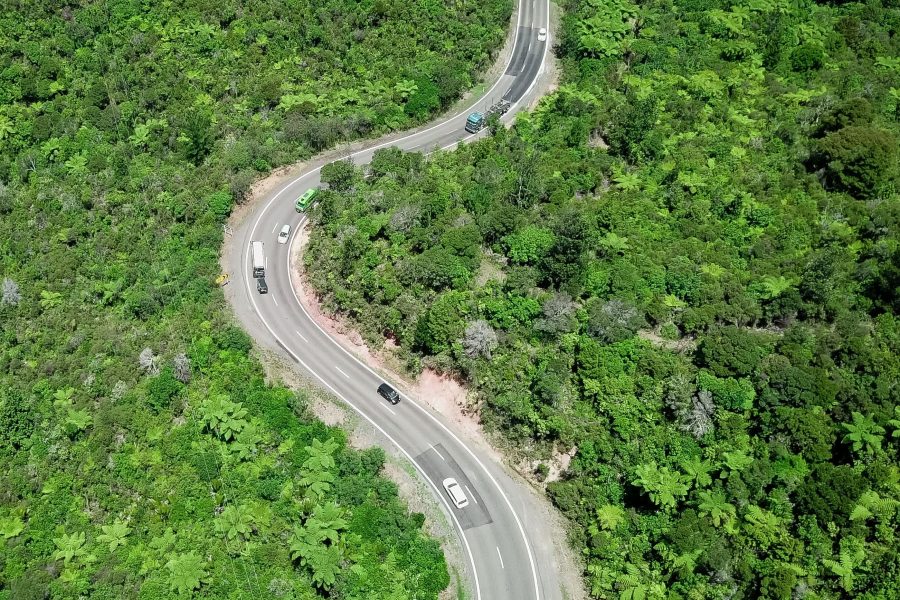 26th May 2023 Climate / The Aotearoa Circle
26th May 2023 Climate / The Aotearoa CircleNew Zealand needs biodiversity data to help address tourism’s impact on the environment, says The Aotearoa Circle.
 24th April 2023 Climate / Conservation
24th April 2023 Climate / ConservationDrought, fire and higher temperatures could affect the region’s tourism industry.
 12th April 2023 Climate / Ski Fields
12th April 2023 Climate / Ski FieldsThe warming climate and changing weather patterns pose “a great risk” to the viability of ski fields and glacier tourism.
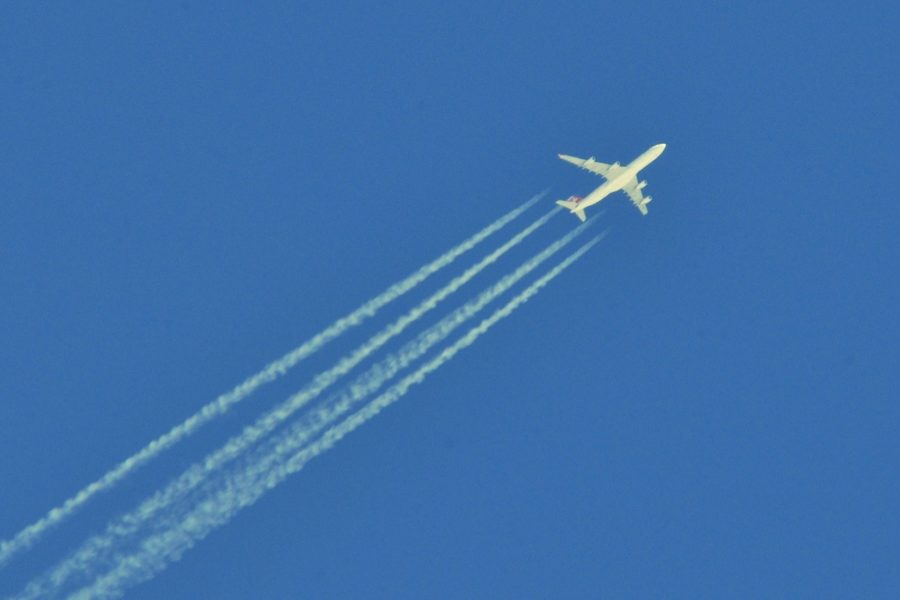 21st March 2023 Climate / IPCC
21st March 2023 Climate / IPCCUnless action to reduce emissions is taken by 2030, the world will suffer more extreme weather events and economic damage with tourism one of the sectors already exposed.
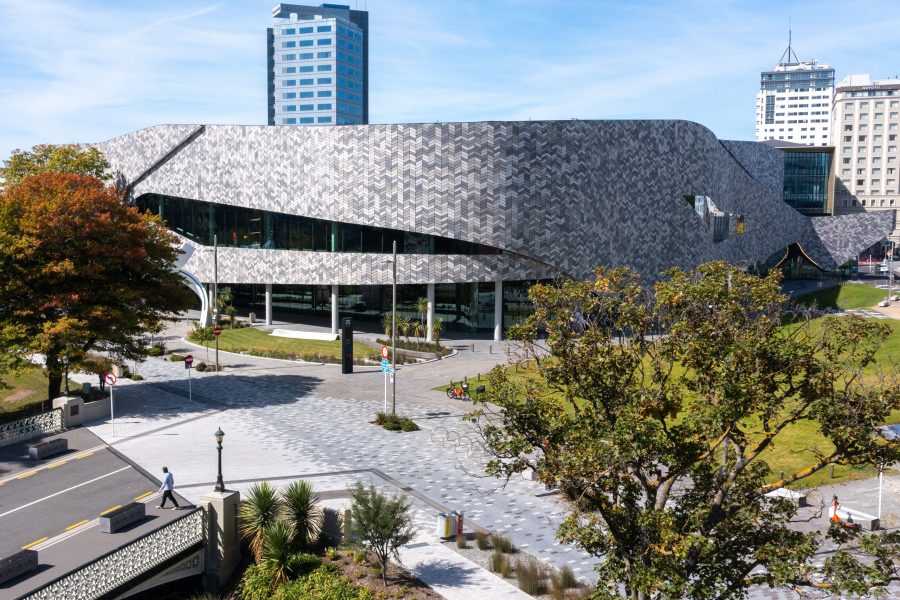 16th February 2023 Climate / Te Pae
16th February 2023 Climate / Te PaeTe Pae Christchurch Convention Centre has drafted an agreement with Toitū Envirocare to help reduce its environmental footprint.
 9th February 2023 CIAL / Climate
9th February 2023 CIAL / ClimateChristchurch Airport has teamed up with Contact Energy and solar developer Lightsource bp to deliver its Kōwhai Park renewable energy precinct.
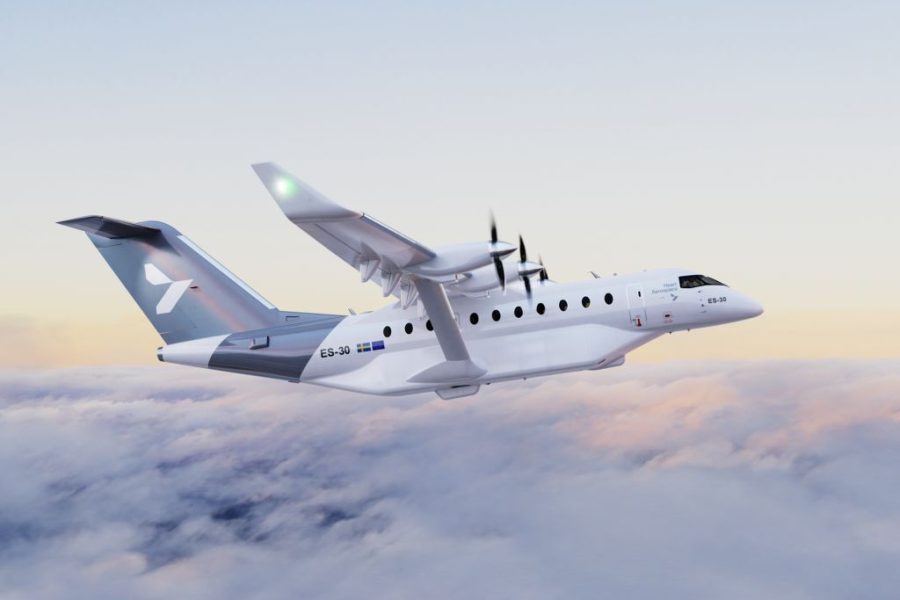 8th February 2023 Air NZ / Climate
8th February 2023 Air NZ / ClimateThe airline wants to replace its ageing Q300 domestic fleet with more sustainable aircraft by 2030.
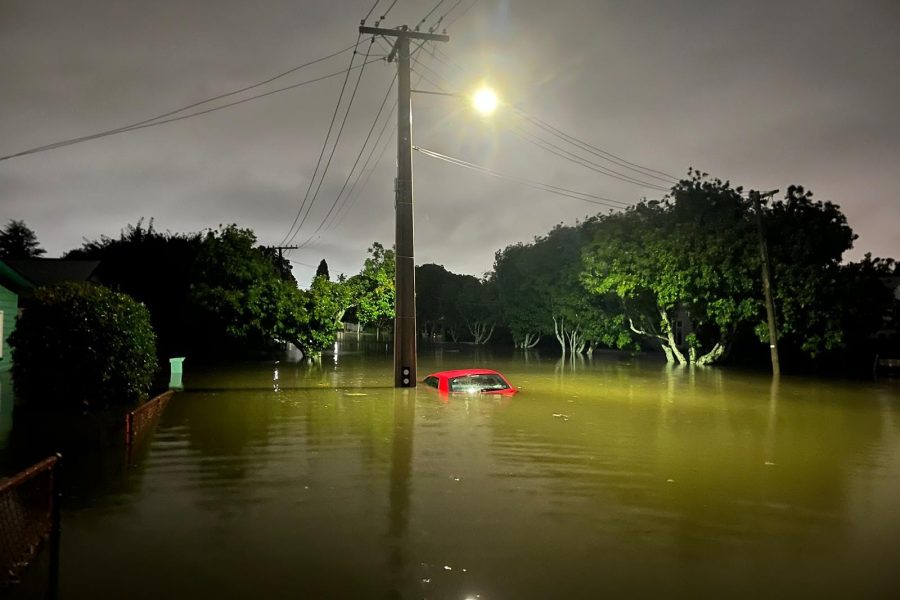 30th January 2023 Climate / Opinion
30th January 2023 Climate / OpinionThe extraordinary flood event Auckland experienced on the night of 27 January, the eve of the city’s anniversary weekend, was caused by rainfall that was literally off the chart, writes weather and climate researcher Professor James Arthur Renwick.
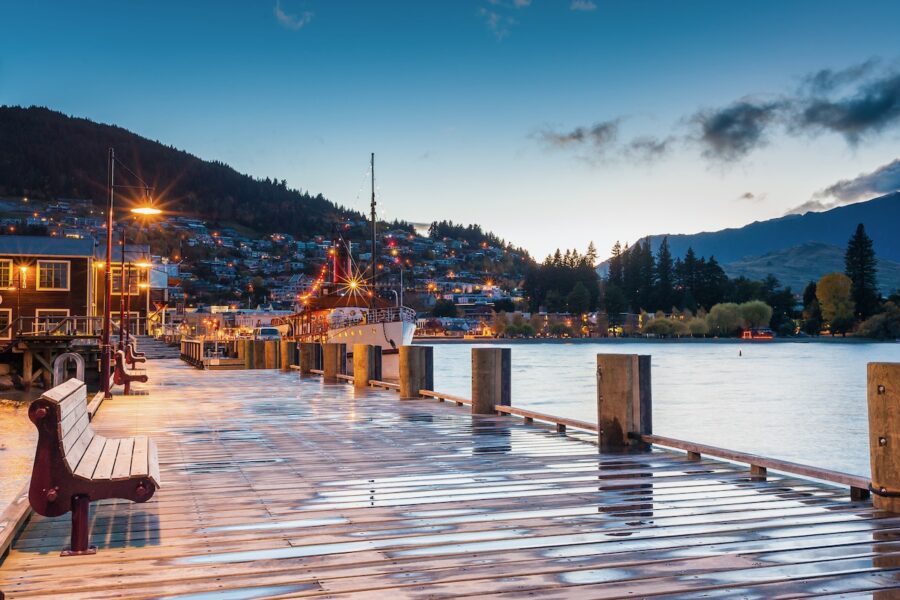 24th January 2023 Climate
24th January 2023 ClimateQueenstown Lakes District Council has opened invitations to join its independent Climate Reference Group.
 15th December 2022 Climate / WTTC
15th December 2022 Climate / WTTCNorth America’s travel and tourism sector accounted for 9.3% of greenhouse gas emissions in 2019, according to new data from the World Travel & Tourism Council Sustainable and the Saudi-based Sustainable Tourism Global Center.
 20th September 2022 Climate / RealNZ
20th September 2022 Climate / RealNZExtreme weather is posing more risks for operators and will transform business models, says RealNZ’s CEO.
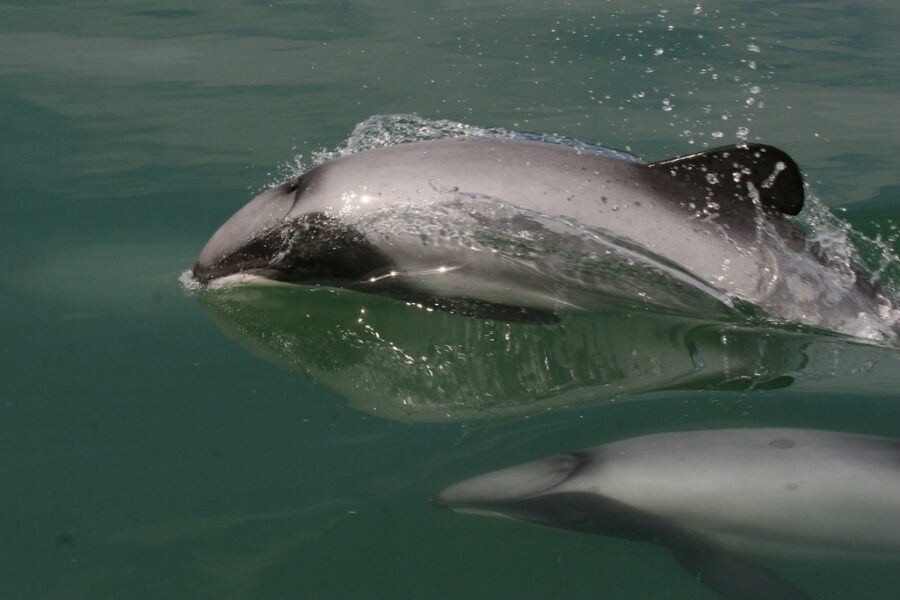 19th September 2022 Climate / Marine
19th September 2022 Climate / MarineClimate change could have a major impact on New Zealand’s marine mammals, with food supply identified as the biggest threat in a new report by the Department of Conservation.
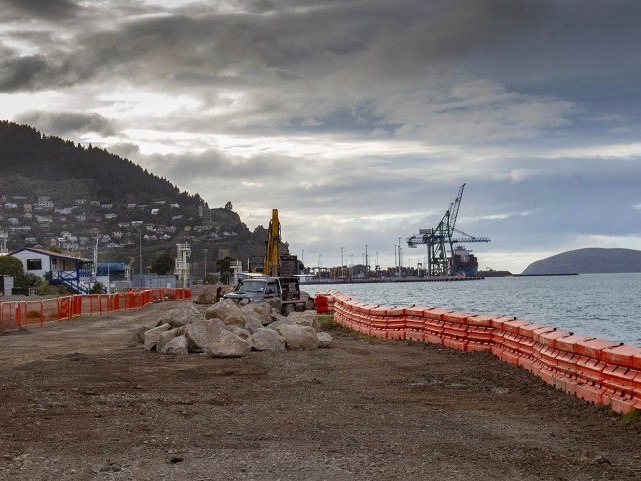 16th September 2022 Climate / Environment
16th September 2022 Climate / EnvironmentThe rate of sea level rise has rapidly increased in recent decades and will continue to do so due to the effects of climate change, according to Stats NZ.
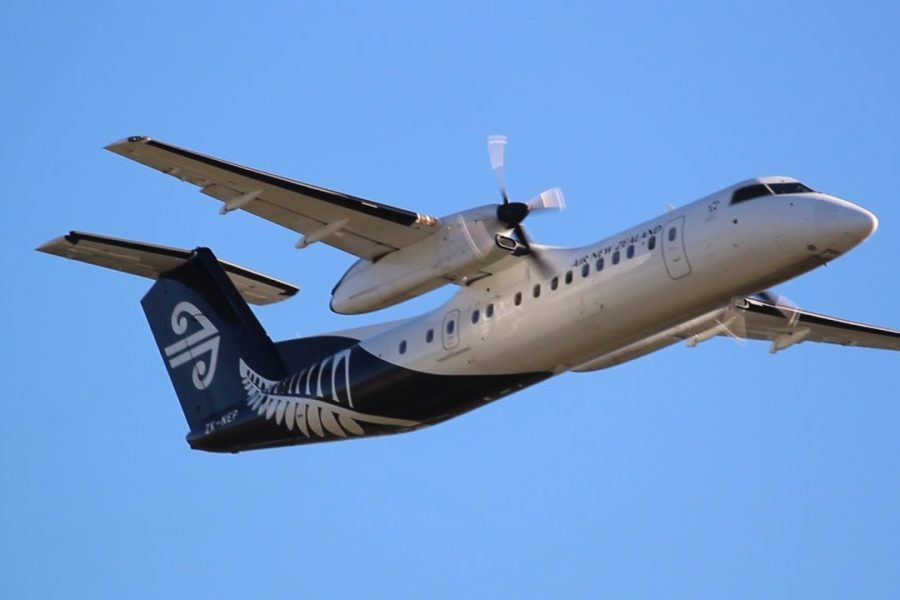 14th September 2022 Air NZ / Climate
14th September 2022 Air NZ / ClimateAir New Zealand says it is the first passenger airline in the world to join a NASA Earth Mission.
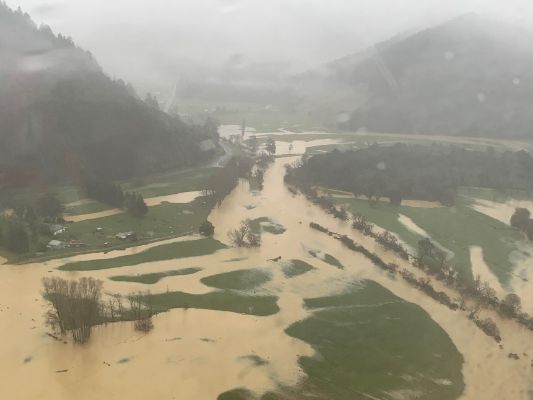 5th September 2022 Climate / NIWA
5th September 2022 Climate / NIWAWinter 2022 has been the country’s warmest and wettest on record, with the nationwide average temperature reached 9.8°C 1.4°C above the 1981-2010 average, says NIWA.
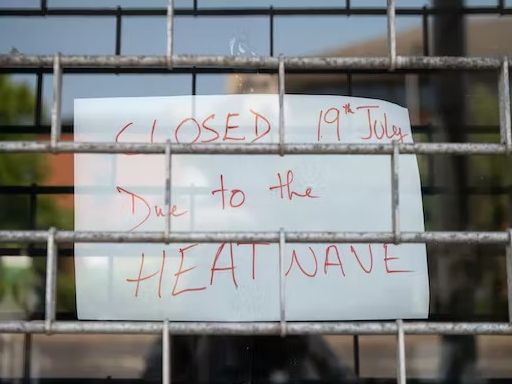 8th August 2022 Climate / Opinion
8th August 2022 Climate / OpinionHow much of an impact does soaring temperature have on business profitability?
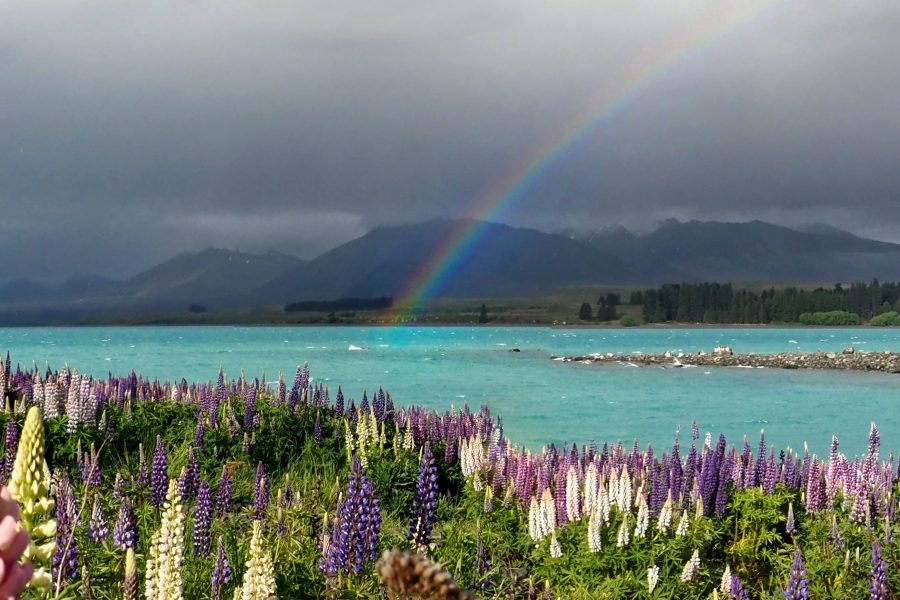 4th August 2022 Climate / Government
4th August 2022 Climate / GovernmentTourism is under threat from climate change but there are opportunities to be found in the sector as businesses innovate and adapt – and work is underway to examine these possibilities.
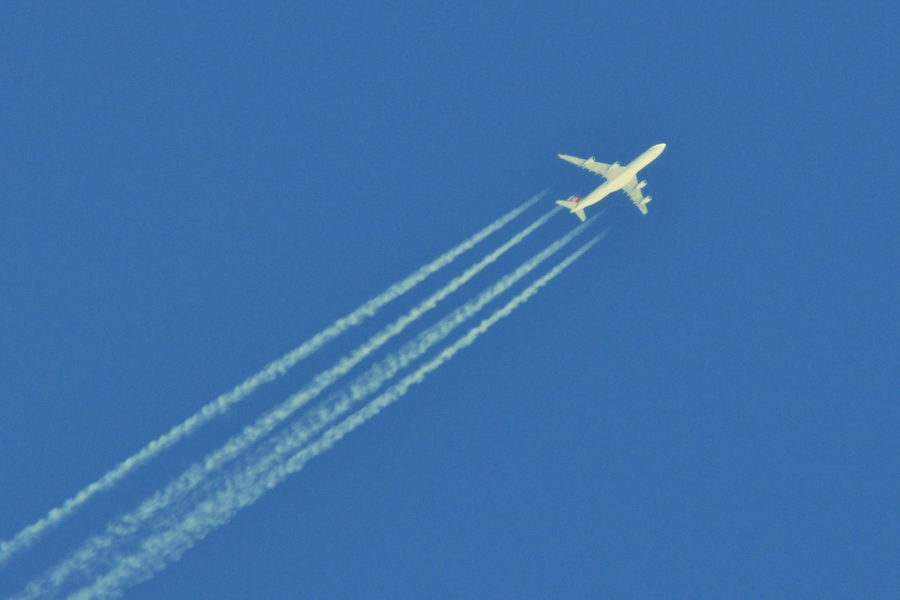 4th August 2022 Air NZ / Climate
4th August 2022 Air NZ / ClimateThe airline needs to reduce its carbon emissions by 28.9% by 2030 if it wants to be a net zero emitter by 2050.
 21st July 2022 Climate / Data
21st July 2022 Climate / DataGreenhouse gas emissions from transport, postal and warehousing, including aviation, dropped almost 36% between December 2019 and 2021
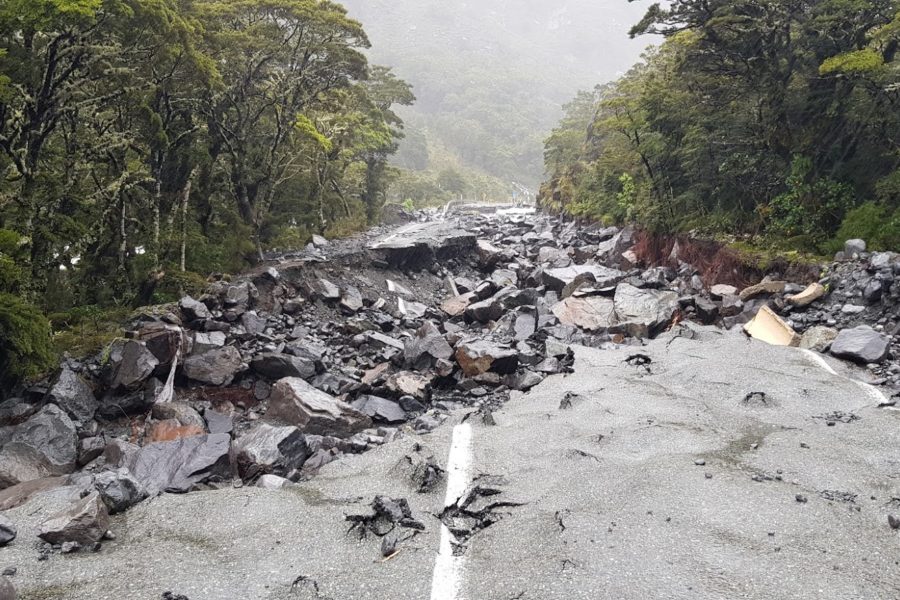 30th June 2022 Climate / The Aotearoa Circle
30th June 2022 Climate / The Aotearoa CircleThe tourism sector is facing a combination of environmental and business risks that could make some operators unviable
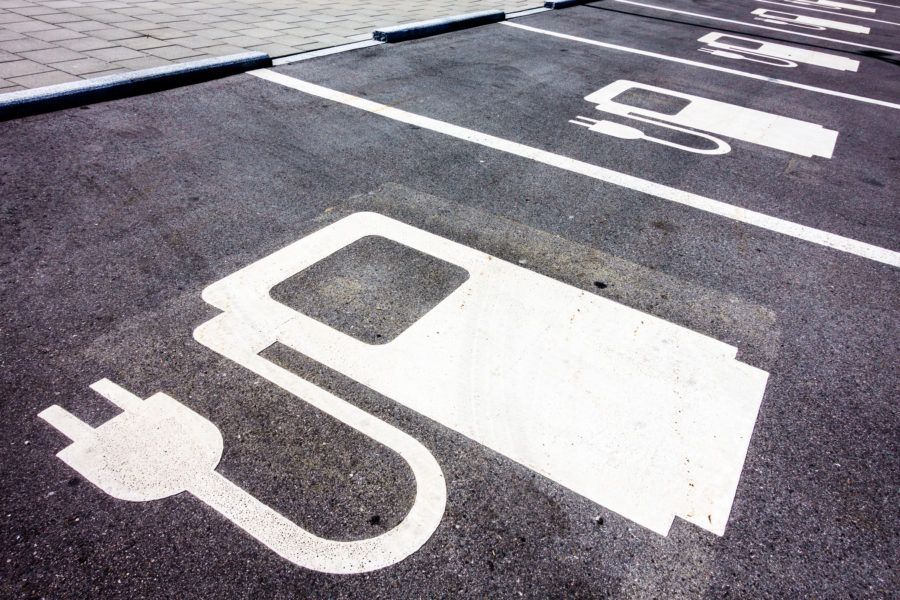 17th May 2022 Climate / Sustainability
17th May 2022 Climate / SustainabilityPossible congestion charges and reduced reliance on inter-regional aviation have been proposed in a $1.2bn shakeup of transport.
 10th May 2022 Climate / Government
10th May 2022 Climate / GovernmentMinister of Climate Change Minister James Shaw has released details of the government’s first three emissions budgets, which determine the total amount of emissions reductions New Zealand meet by 2035.
 7th April 2022 Aviation / Climate
7th April 2022 Aviation / ClimateMore than a third of 5,500 air passengers surveyed said they planned to fly less to reduce their climate impact.
 25th March 2022 Climate / Tarras Airport
25th March 2022 Climate / Tarras AirportAn action group will target the proposed international airport development at Tarras as part of the Global Climate Strike today.
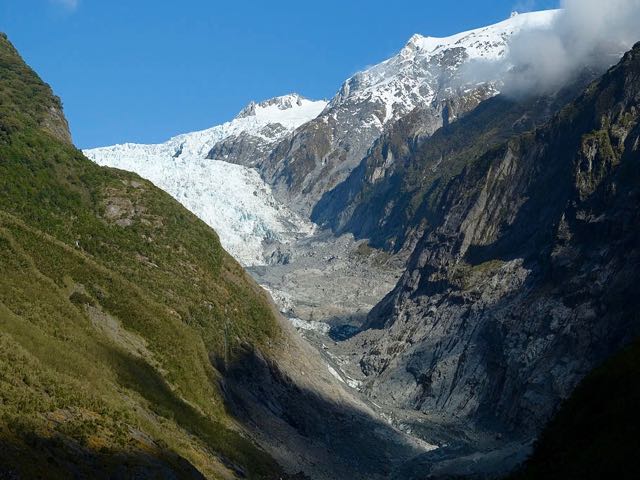 24th February 2022 Climate / Environment
24th February 2022 Climate / EnvironmentGlaciers are melting at a faster rate in the last 10 years, with the three worst years in the last 35 being since 2011.
 11th August 2021 Climate / Environment
11th August 2021 Climate / EnvironmentThere is agreement within government and industry that climate change is tourism’s most significant environmental challenge, but the way forward remains unclear.
 10th August 2021 Climate / Environment
10th August 2021 Climate / EnvironmentIncreasing global temperatures will impact sun and snow destinations as well as environmental assets critical for tourism.